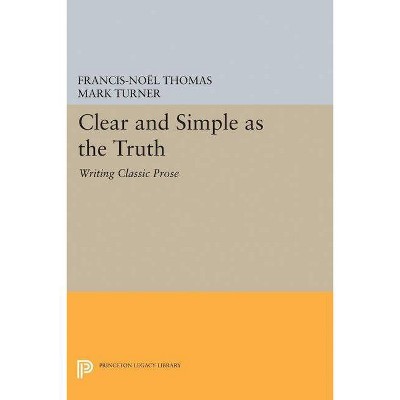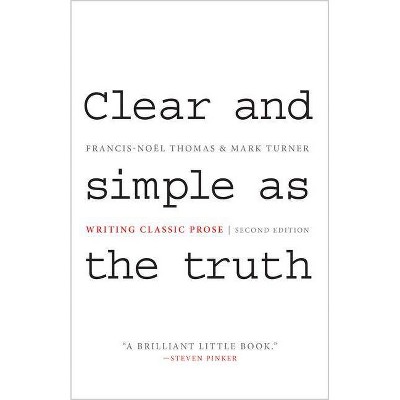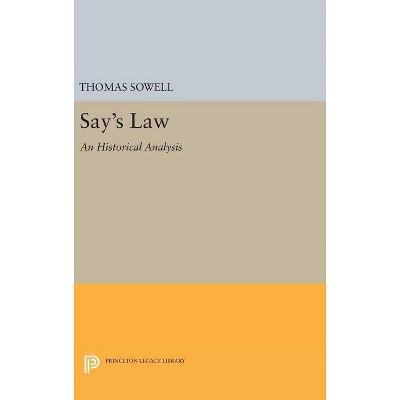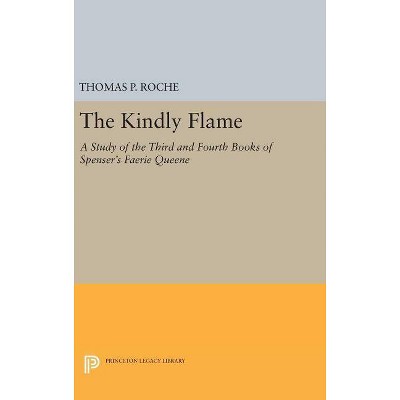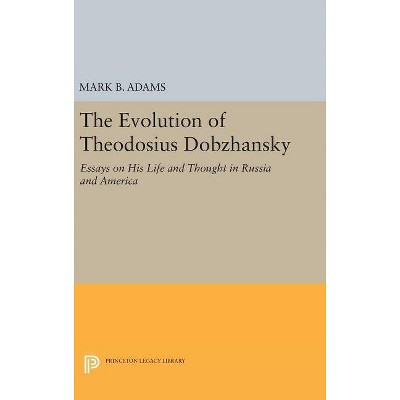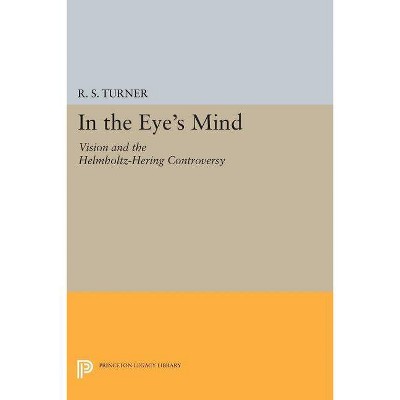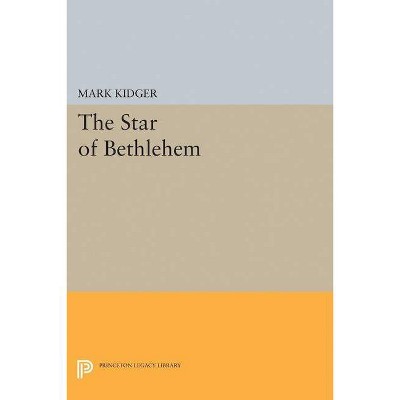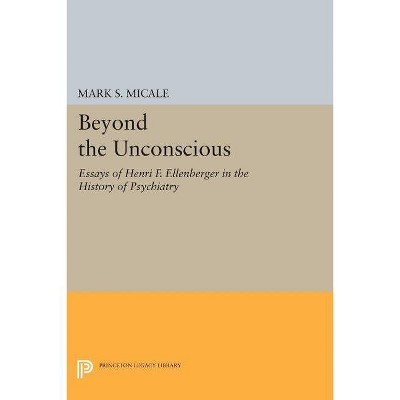Clear and Simple as the Truth - (Princeton Legacy Library) by Francis-Noël Thomas & Mark Turner (Hardcover)
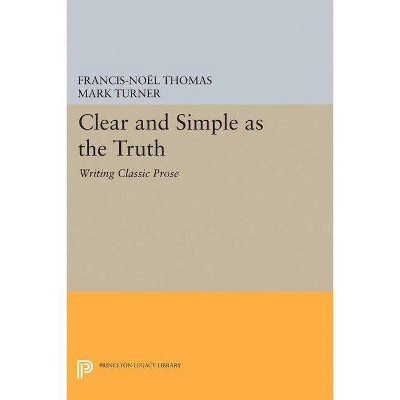
Similar Products
Products of same category from the store
AllProduct info
<p/><br></br><p><b> Book Synopsis </b></p></br></br><p>Everyone talks about style, but no one explains it. The authors of this book do; and in doing so, they provoke the reader to consider style, not as an elegant accessory of effective prose, but as its very heart. <p/>At a time when writing skills have virtually disappeared, what can be done? If only people learned the principles of verbal correctness, the essential rules, wouldn't good prose simply fall into place? Thomas and Turner say no. Attending to rules of grammar, sense, and sentence structure will no more lead to effective prose than knowing the mechanics of a golf swing will lead to a hole-in-one. Furthermore, ten-step programs to better writing exacerbate the problem by failing to recognize, as Thomas and Turner point out, that there are many styles with different standards. <p/>In the first half of <i>Clear and Simple, </i> the authors introduce a range of styles--reflexive, practical, plain, contemplative, romantic, prophetic, and others--contrasting them to classic style. Its principles are simple: The writer adopts the pose that the motive is truth, the purpose is presentation, the reader is an intellectual equal, and the occasion is informal. Classic style is at home in everything from business memos to personal letters, from magazine articles to university writing. <p/>The second half of the book is a tour of examples--the exquisite and the execrable--showing what has worked and what hasn't. Classic prose is found everywhere: from Thomas Jefferson to Junichirō Tanizaki, from Mark Twain to the observations of an undergraduate. Here are many fine performances in classic style, each clear and simple as the truth. <p/>Originally published in 1994. <p/>The <b>Princeton Legacy Library</b> uses the latest print-on-demand technology to again make available previously out-of-print books from the distinguished backlist of Princeton University Press. These editions preserve the original texts of these important books while presenting them in durable paperback and hardcover editions. The goal of the Princeton Legacy Library is to vastly increase access to the rich scholarly heritage found in the thousands of books published by Princeton University Press since its founding in 1905.</p><p/><br></br><p><b> From the Back Cover </b></p></br></br><p>"<i>Clear and Simple as the Truth</i> holds the promise of raising the level of the nation's prose.... The book is full of cogency and insight."<b>--Frederick Crews</b></p><p>"A work of great intellectual elegance and power. I have read it with a lot of pleasure, admiring the wisdom and economy of its reflections and the extraordinary range of its citations."<b>--Claude Rawson, Yale University</b></p><p>"A treatment of the classic style that manifests the virtues of the writing it propounds, expounds, and exemplifies in a wealth of fascinating passages, brilliantly analyzed."<b>--M. H. Abrams, Cornell University</b></p><p>"Could well be the most important discussion of style since the great classical rhetoricians."<b>--Wayne C. Booth, University of Chicago</b></p><p>"One of the best discussions of style that I have recently read."<b>--Richard Preston, author of <i>The Hot Zone</i></b></p><p>"Thanks to Thomas and Turner, the cognitive revolution has finally caught up with the analysis of style--brilliantly, learnedly, and, above all, readably."<b>--David Lee Rubin, University of Virginia</b></p><p>"The authors give one of the best discussions of style that I have ever read. Thomas and Turner juxtapose conventionally thought of as disparate, and thereby suggest possible new avenues of interpretation for critics of individual authors. <i>Clear and Simple as the Truth</i> occupies a niche of its own, as a kind of hybrid between books on writing such as <i>The Elements of Style</i> and <i>The Reader over Your Shoulder</i>, and more theoretical studies of representation, such as <i>Mimesis</i>."<b>--Richard Preston, author of <i>American Steel</i></b></p><p/><br></br><p><b> Review Quotes </b></p></br></br><br>Prix du Rayonnement de la langue et de la littérature françaises of the Académie Française<br><br>[For] the mature student, this is indeed a classic. For the connoisseur, it is indispensable.<b>---Thomas D'Evelyn, <i>Boston Book Review</i></b><br><br>An acclaimed new reference manual.-- "The Chicago Sun Times"<br><br>Thomas and Turner engagingly delineate the attributes of a classic style of writing. . . . In the second half, Thomas and Turner cite examples of classic style in excerpts from the writing of well-known literary figures.-- "Booklist"<br><br>Whether they can spark a revival in classic writing is uncertain, but Thomas and Turner serve their topic well. A good choice for the serious stylist and those learning the craft.-- "Library Journal"<br>
Price History
Price Archive shows prices from various stores, lets you see history and find the cheapest. There is no actual sale on the website. For all support, inquiry and suggestion messagescommunication@pricearchive.us
